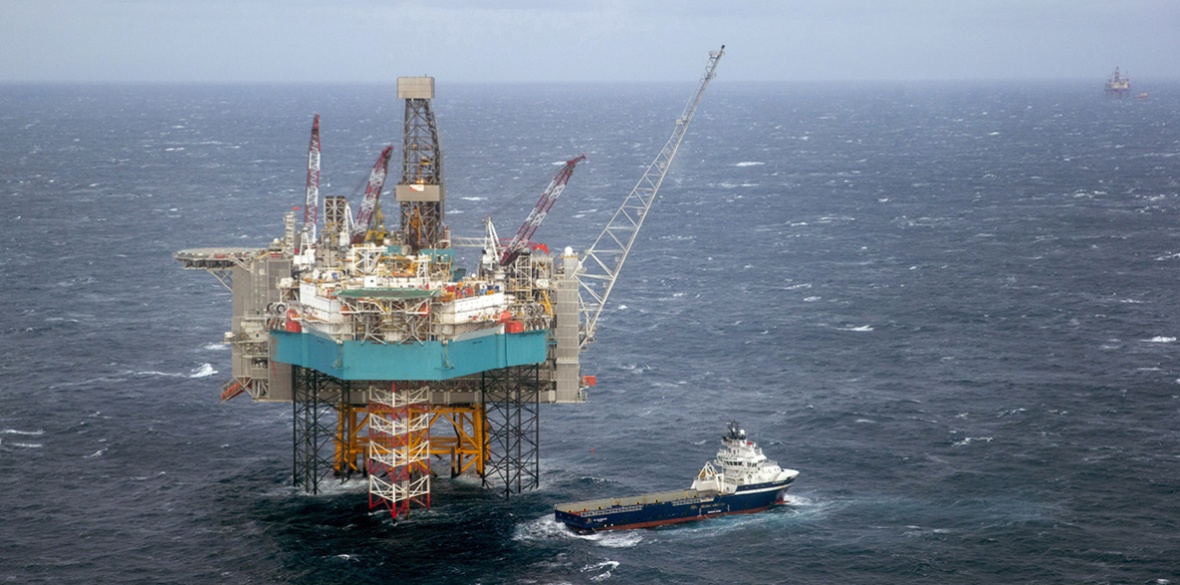This is the last article you can read this month
You can read more article this month
You can read more articles this month
Sorry your limit is up for this month
Reset on:
Please help support the Morning Star by subscribing here
NORWAY announced approval of 19 oil and gas projects off its continental shelf today, dismaying environmental campaigners.
Petroleum and Energy Minister Terje Aasland said the 200 billion kroner (£14.6bn) investment would be “an important contribution to Europe’s energy security,” helping reduce dependence on Russian imports.
Norway, western Europe’s only net exporter of oil and gas, saw its revenues from the fossil fuel exports more than triple in 2022 to 1.5 trillion kroner (£110bn) compared to 498bn (£36bn) in 2021, as sanctions on Russia following its invasion of Ukraine led to soaring prices and rising demand.
The country was accused by US investigative journalist Seymour Hersh of involvement in a US project that blew up the Nord Stream pipelines from Russia to Germany, cutting off the possibility of a trade-based rapprochement between the two. But it denies seeking to profit from the Ukraine war, pointing to its role as one of the biggest donors to the Ukrainian government internationally — though a five-year support package of 75bn kroner agreed in February is dwarfed by the rise in energy revenues.
Mr Aasland said last month Norway would “leave no stone unturned” in seeking new oil and gas fields to tap and would offer a record number of Arctic exploration blocks this year, claiming it was the country’s “social responsibility” to maintain production levels.
The assertion prompted environmental groups Friends of the Earth Norway, WWF-Norway and Greenpeace Norway to condemn the plans as “embarrassing” and “a middle finger to the Paris agreement.” Greenpeace Norway’s Frode Pleym told US broadcaster CNBC that Norway’s “aggressive and greedy” attitude amounted to “cynically exploiting Russia’s war in Ukraine.”
The Ukraine war has disrupted multiple countries’ climate change commitments, with Germany reactivating coal-fired power plants to make up for reduced Russian gas imports.
Regulation of mining and drilling in the Arctic has also suffered, following the decision by seven members of the eight-member Arctic Council — the US, Sweden, Norway, Iceland, Finland, Denmark and Canada — to boycott it due to Russia’s involvement a week after the invasion of Ukraine began, suspending the only multinational body supervising activity in the Arctic.

 Ben Chacko
Ben Chacko








